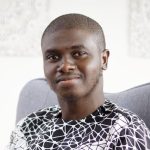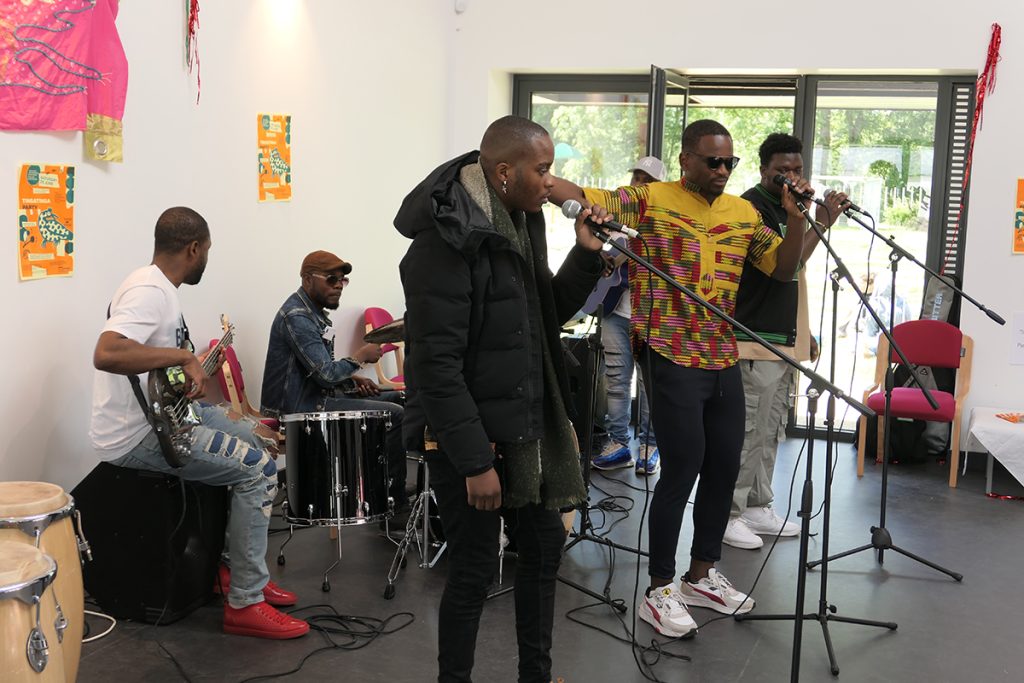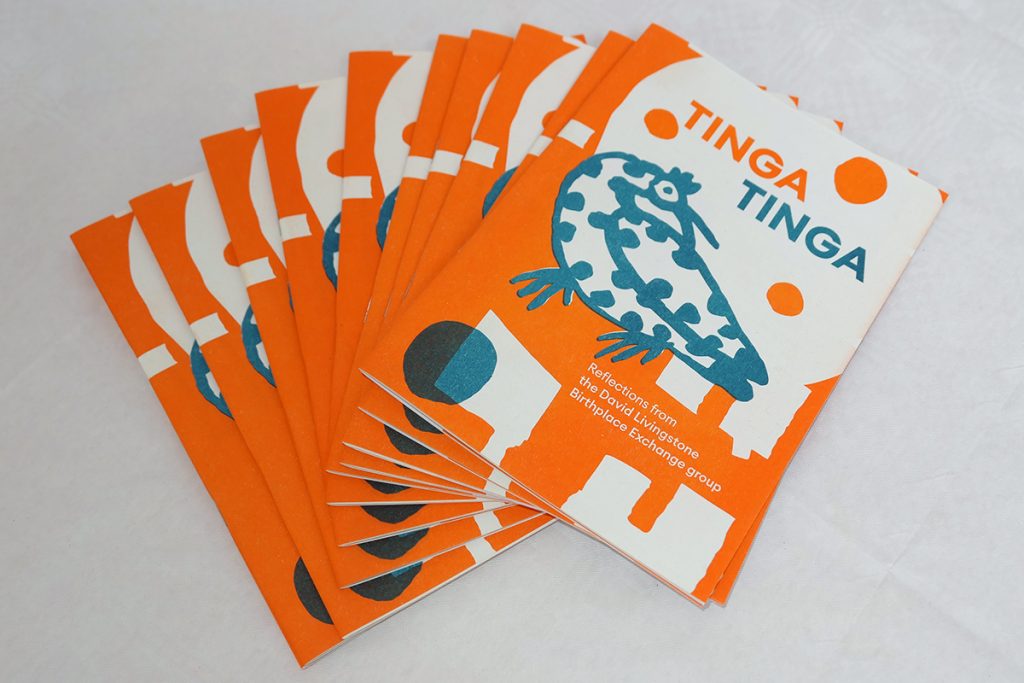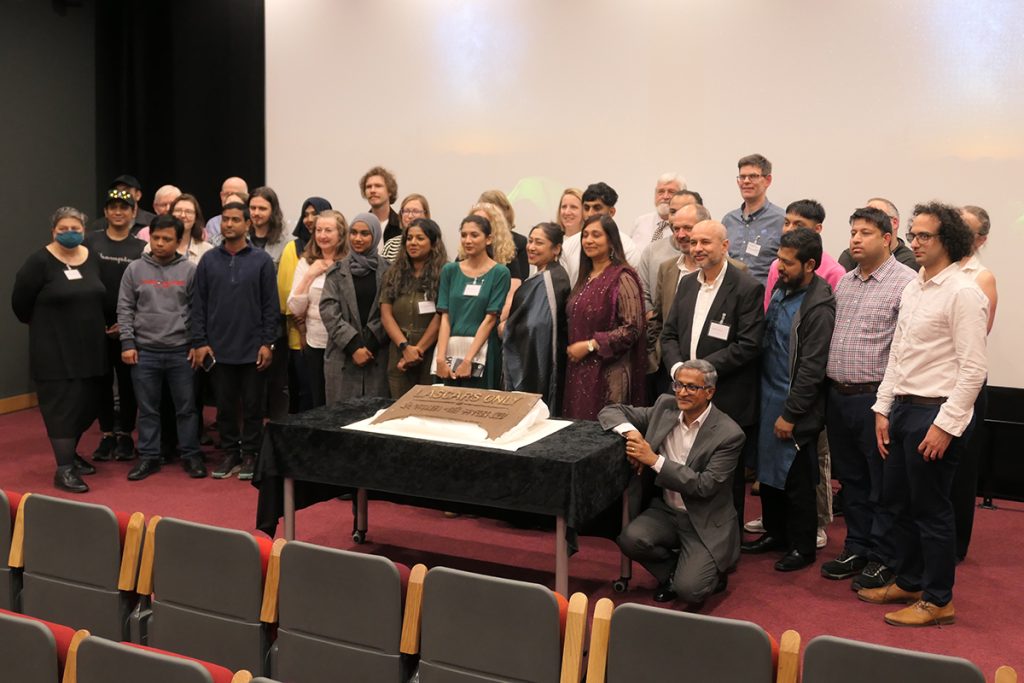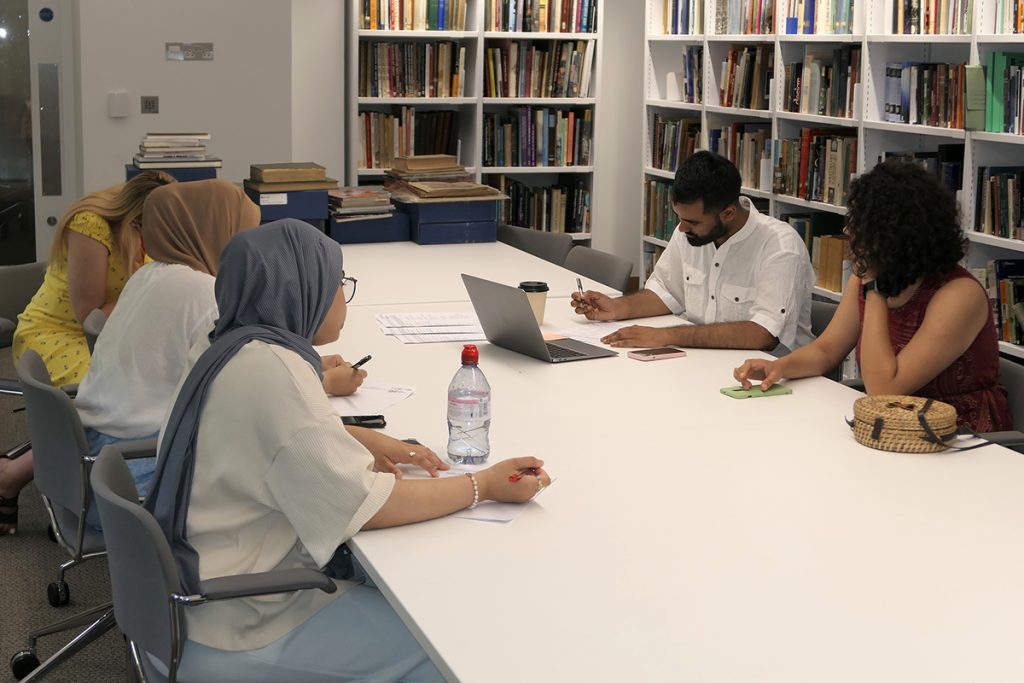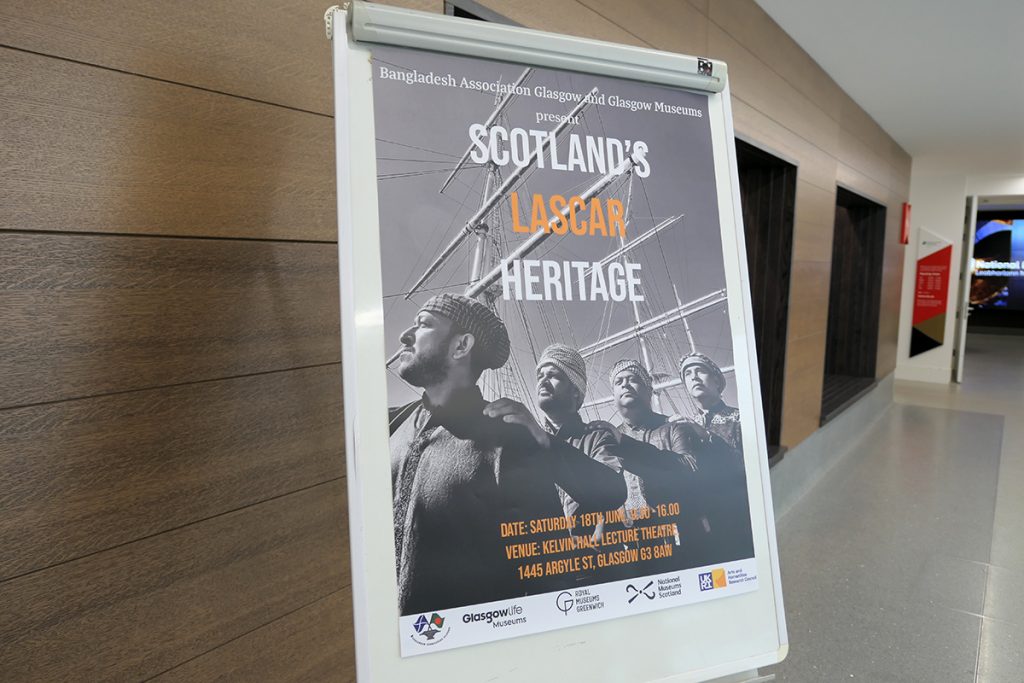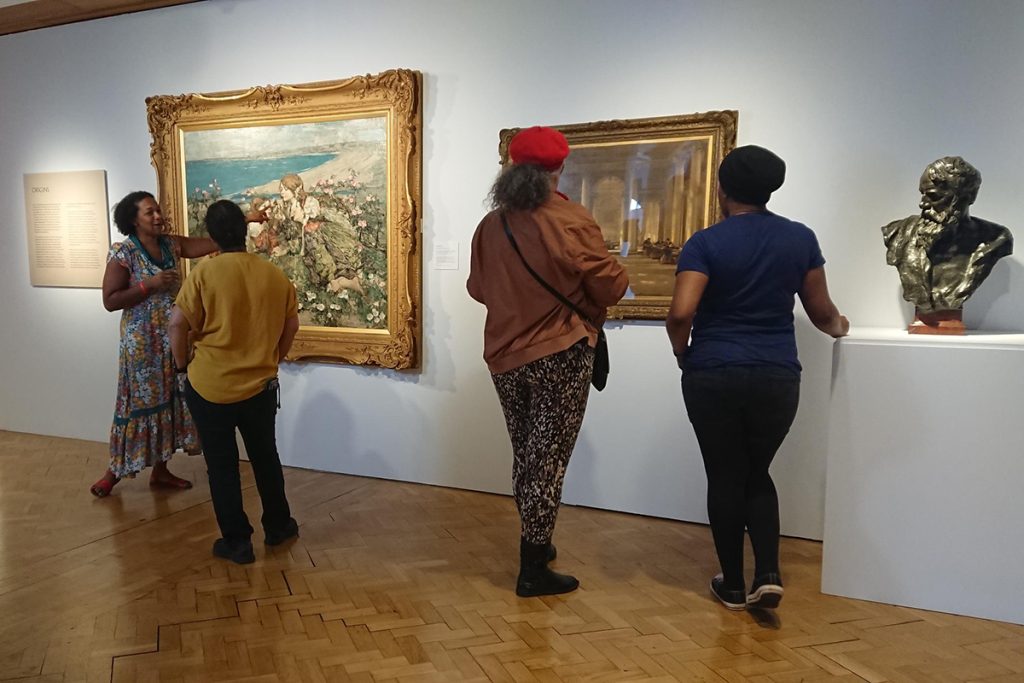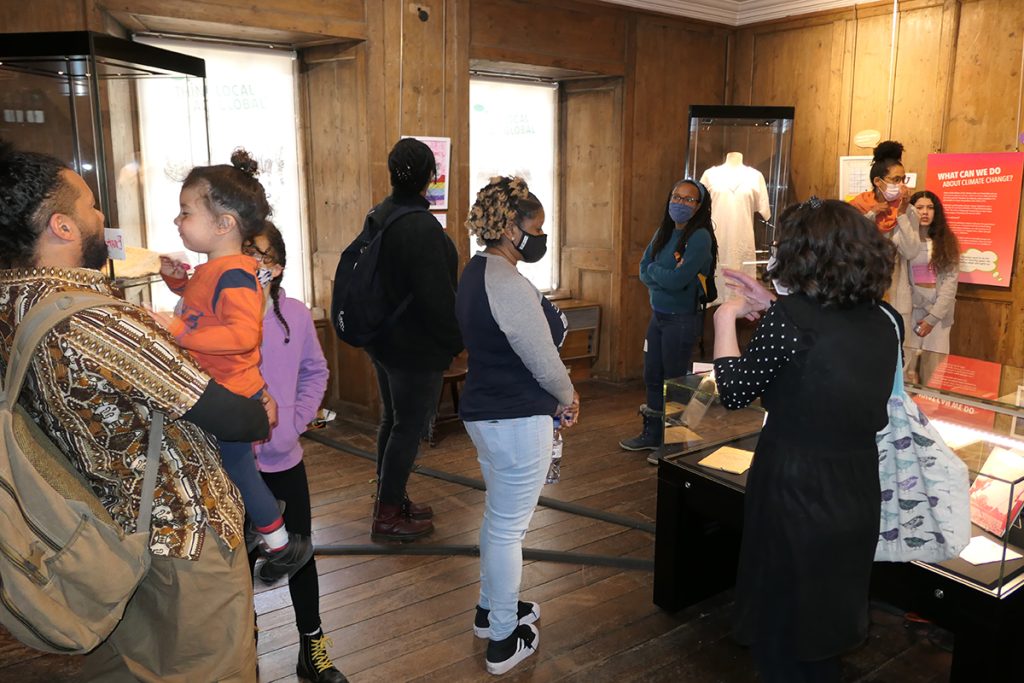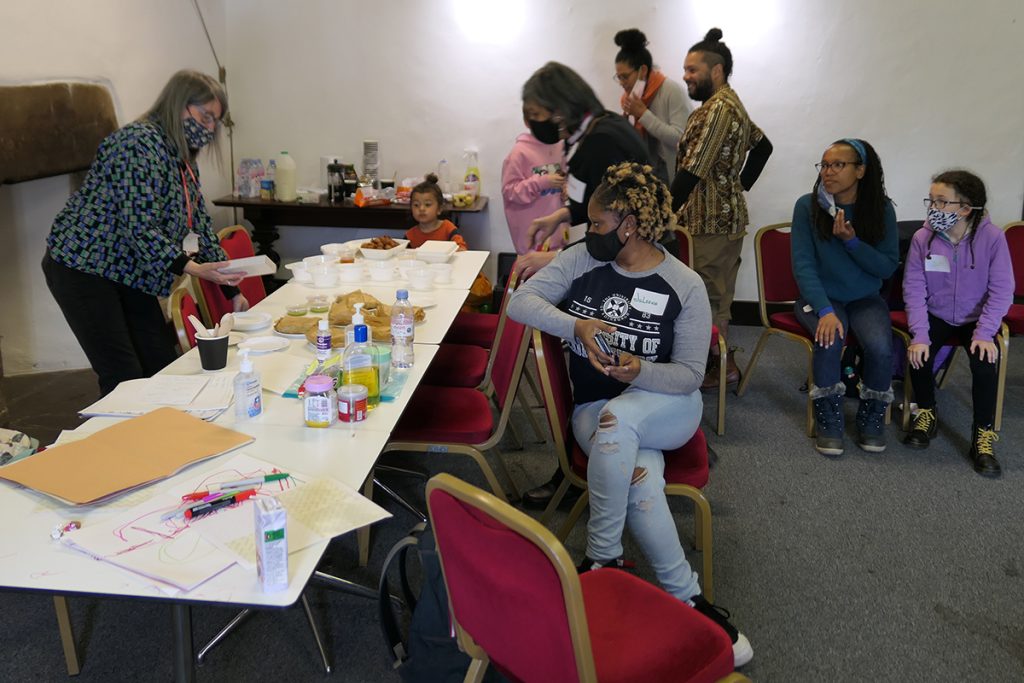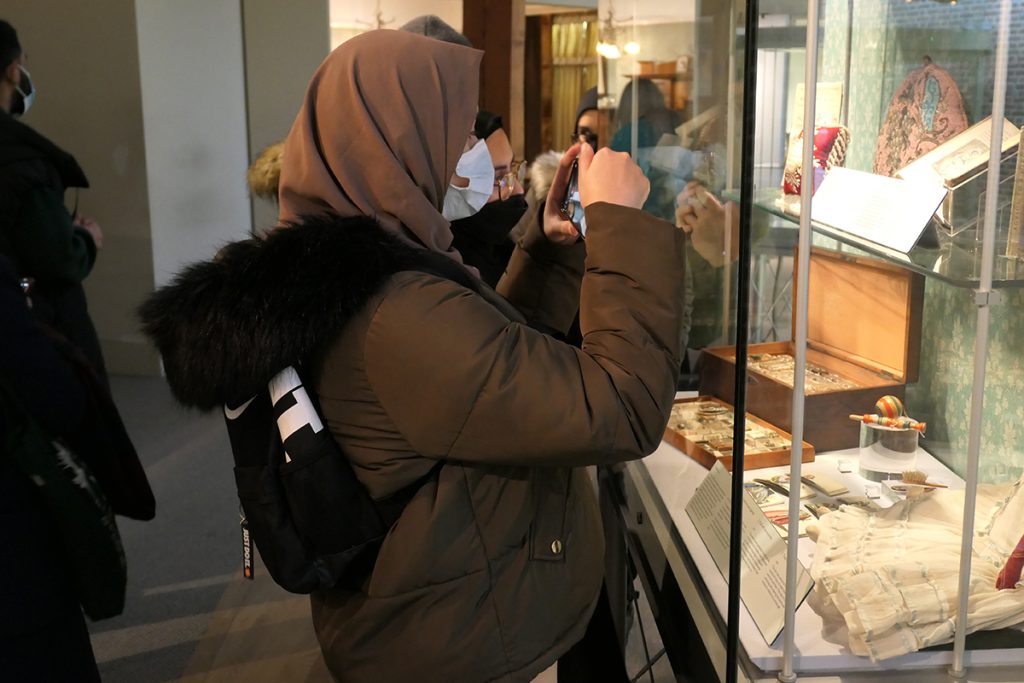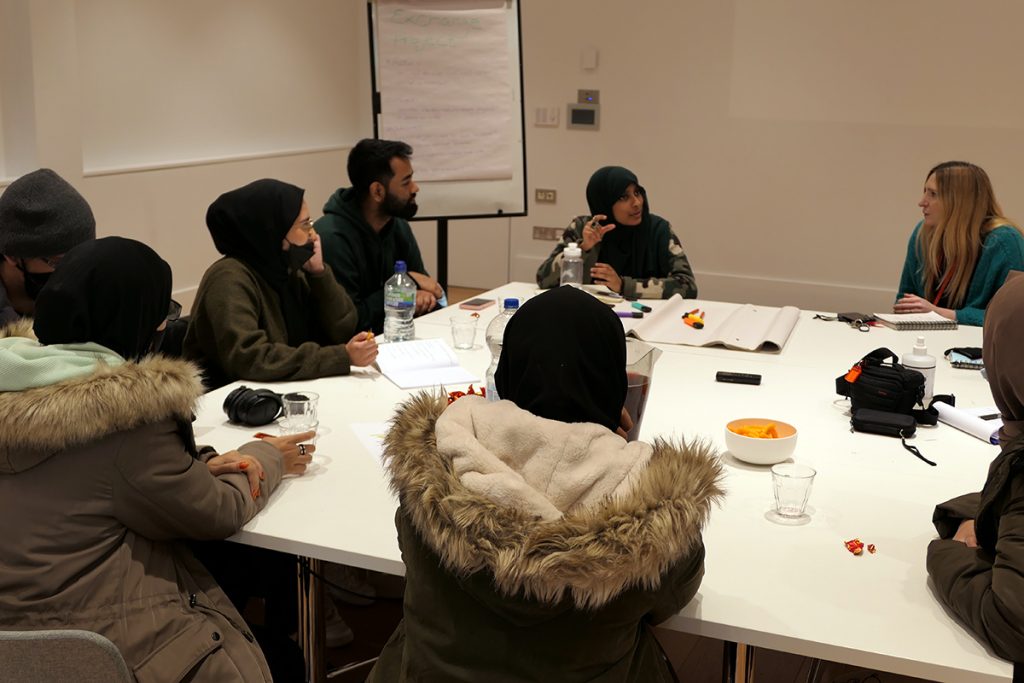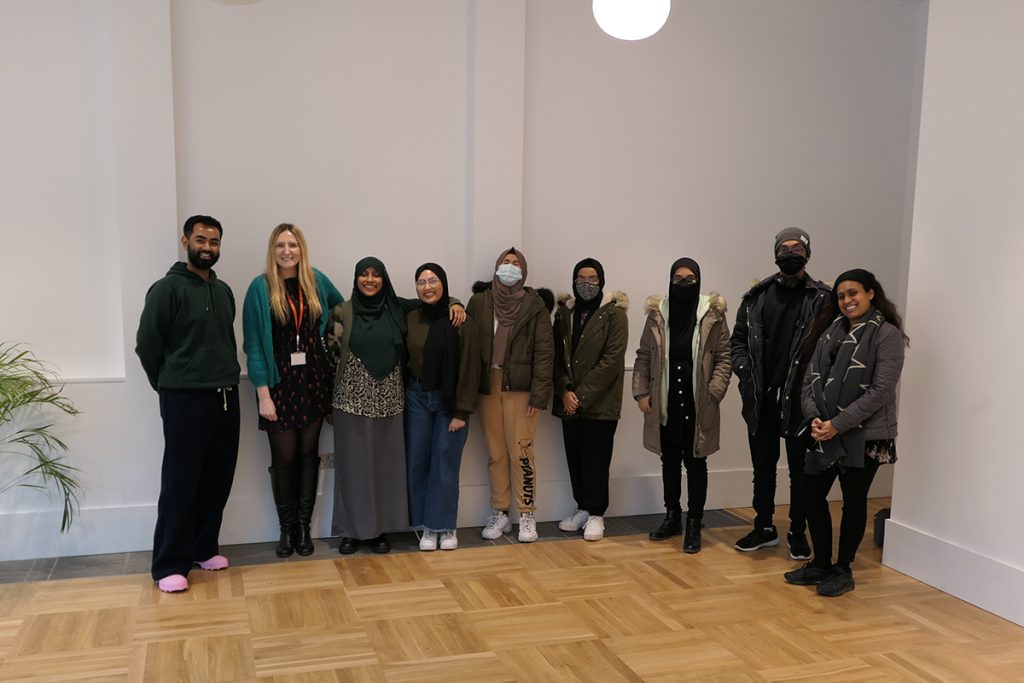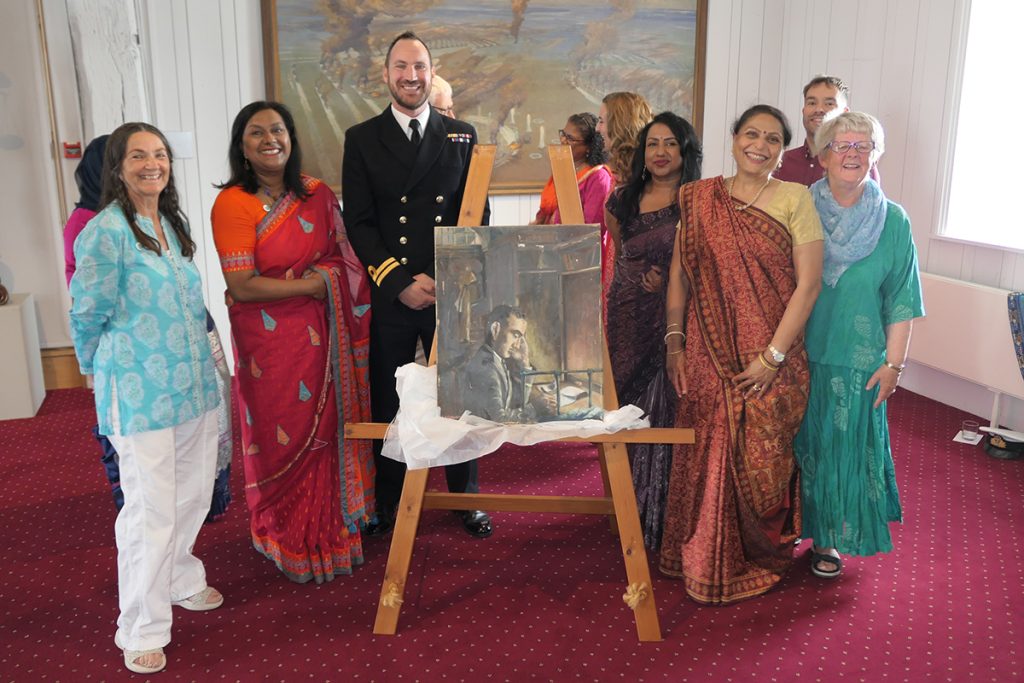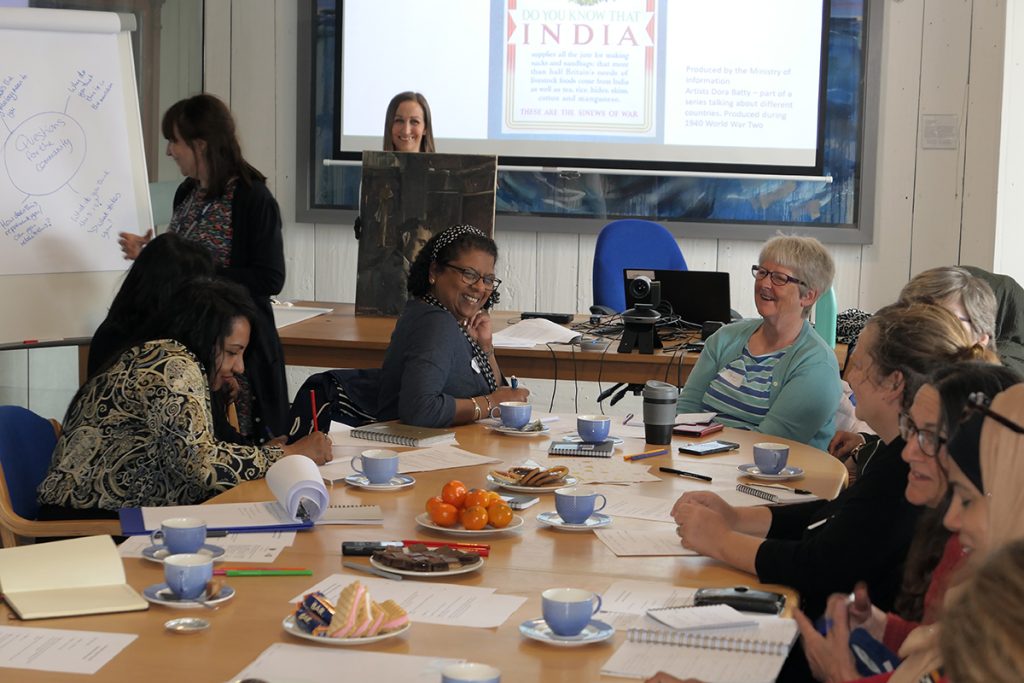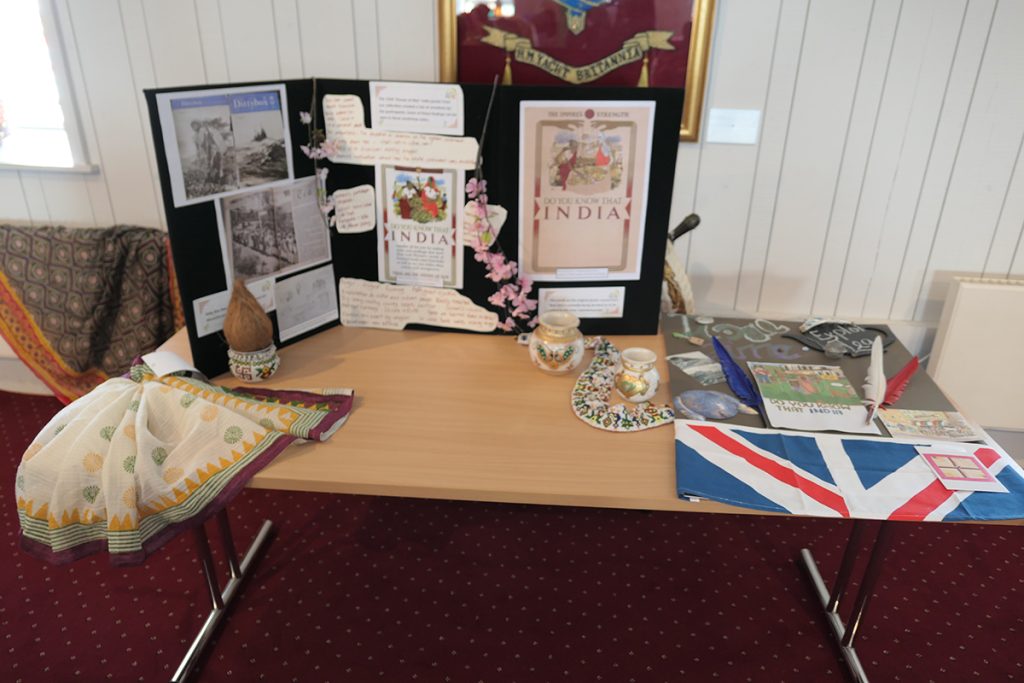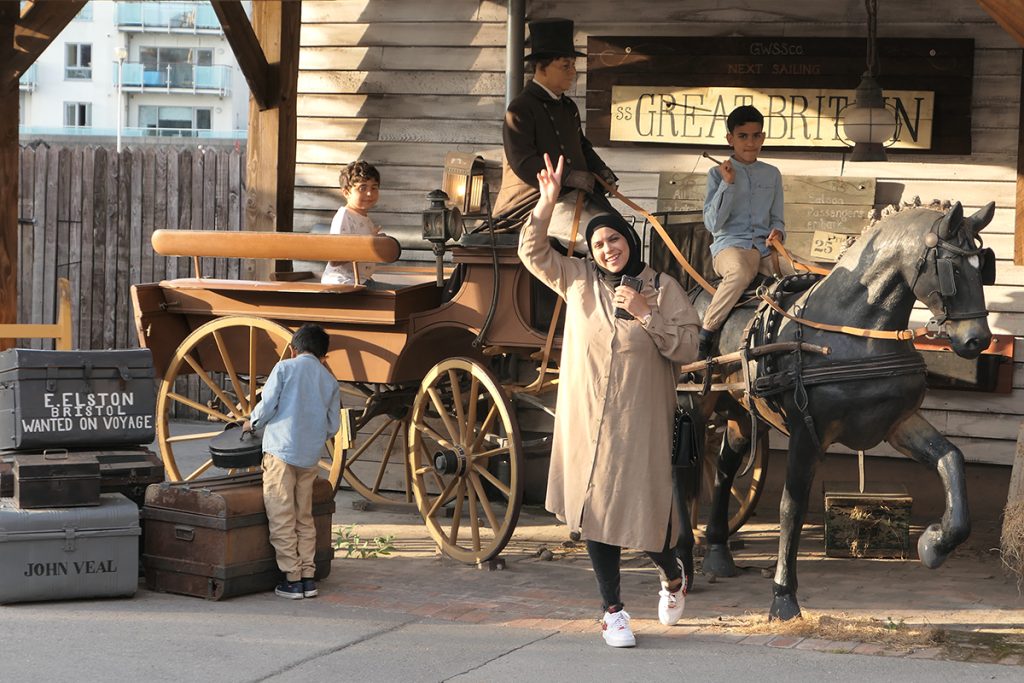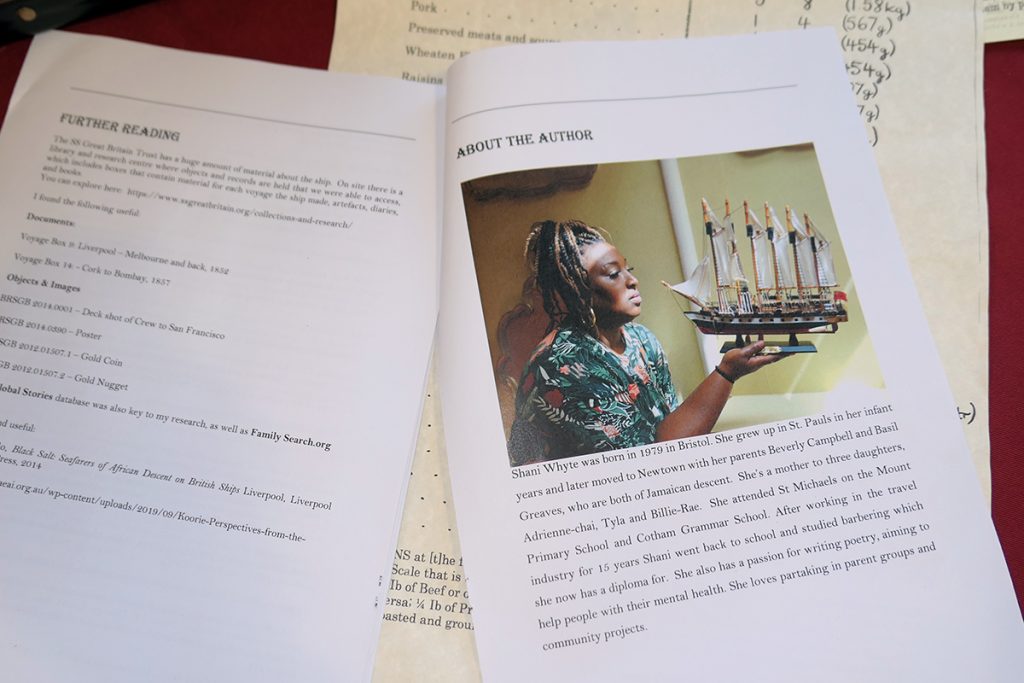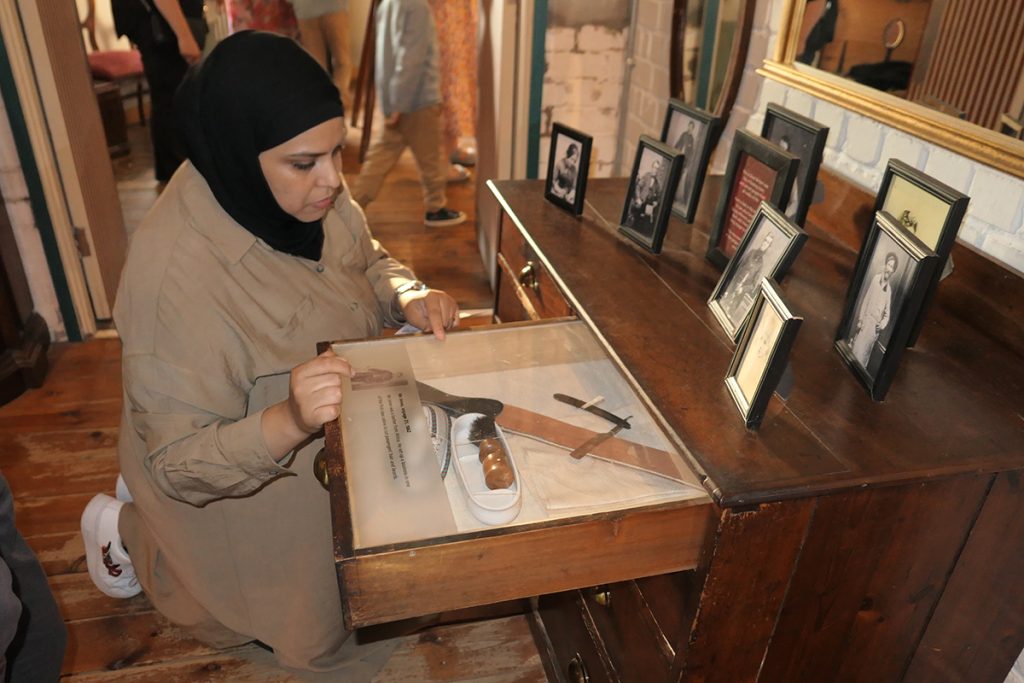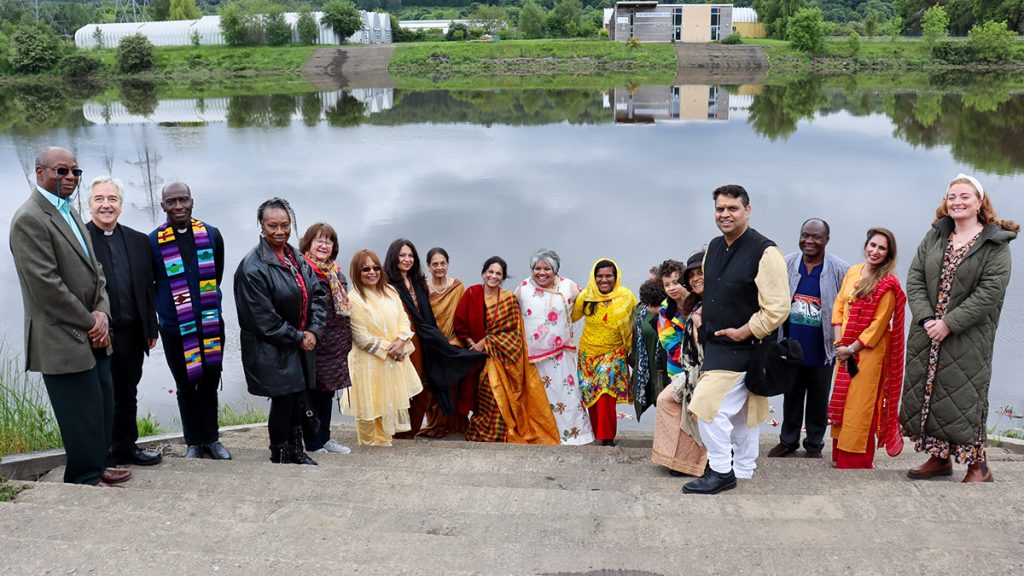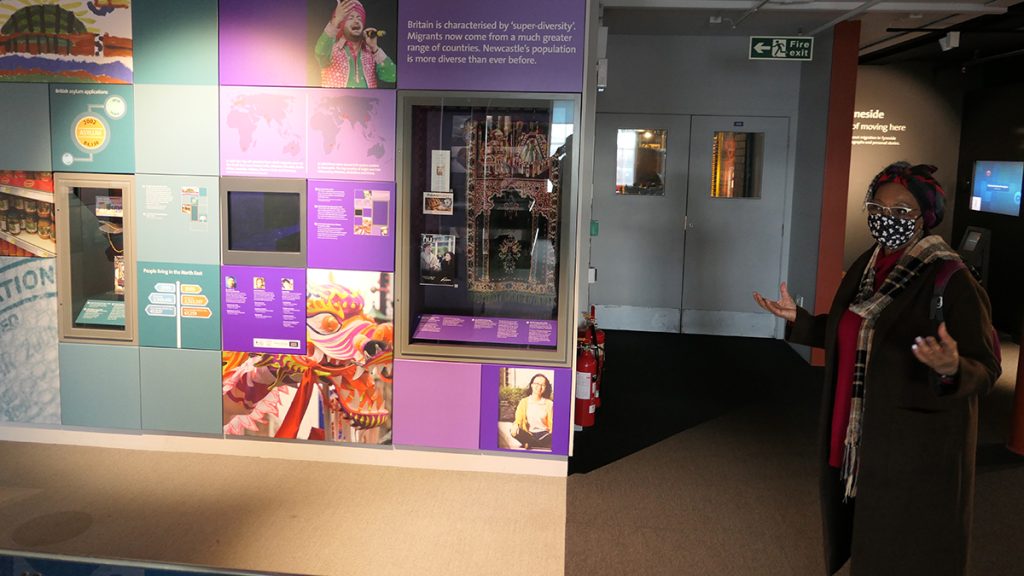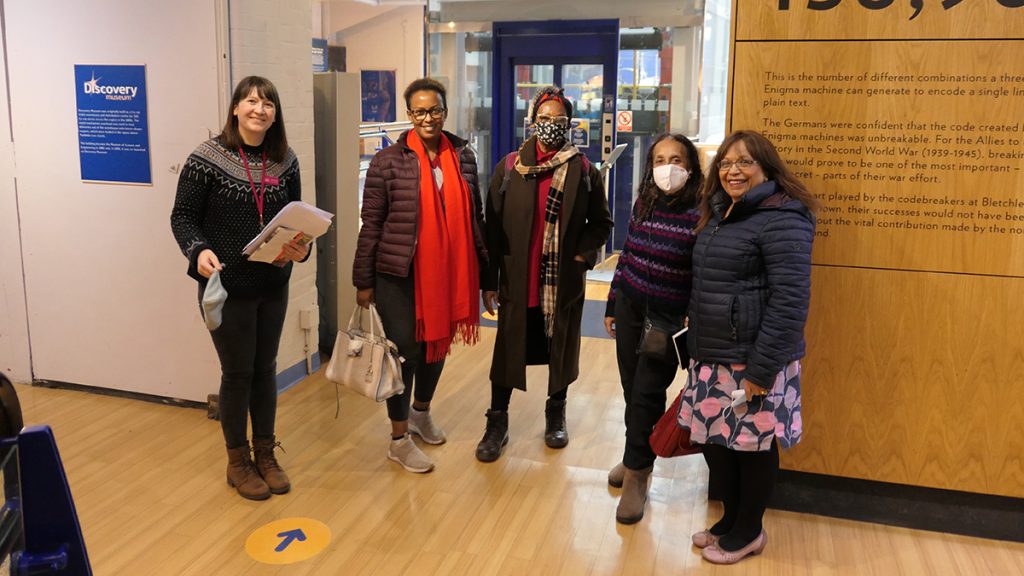Over the last year, the ‘Exchange: Community-Led Collections Research’ project has helped galleries, libraries, archives and museums to work with South Asian, African and Caribbean diaspora organisations to answer research questions identified by these community groups. National Museums Scotland and Royal Museums Greenwich, London, worked as a hub to gather evidence for best practice and provided expert guidance to partner organisations around the UK. Dr Yahya Barry, the Community Collections Research Hub Manager, tells us more about the project and its impact.
“Museums change lives.” These words resonate deeply with me. I am a museum debutant, a self-styled Black African Muslim who never saw themselves working in the heritage sector. But nine months into the Exchange 2022 project, I have come to understand those words. It’s an emotional realisation for me, especially with the burden of responsibility I feel to tell the story of this project. It has spanned two nations, nine museums and over 15 community groups with 83 participants.
Thanks to a grant awarded by the Arts and Humanities Research Council, National Museums Scotland and the National Maritime Museum, London came together to distribute funds to seven museums across England and Scotland. Their goal was to engage with communities of African, Caribbean and South Asian heritage and explore their collections and research. Each organisation would share creative outputs of this work to reflect the multiplicity of their experiences and perceptions of empire, migration and life in Britain.
For example, David Livingstone Birthplace in Glasgow worked with a community group to look at how their collection speaks to the different cultures, communities and individuals that Livingstone encountered. Creative outcomes include commissioning artists of colour and storytellers who explore Black histories and/or decolonisation within their practice to respond to objects from the collection and Livingstone’s story.
Edinburgh Museums & Galleries, meanwhile, worked with Edinburgh Caribbean Association to focus on childhood experiences, exploring the histories of empire, migration and life in Britain through the eyes of the Edinburgh Caribbean community.
The lack of representation, politicisation of childhood and potential racism in the collections were themes of interest, and the project will culminate in an exhibition, Respect! Caribbean Life in Edinburgh, which opens at the Museum of Edinburgh on 16 October.
The other organisations involved are Glasgow Life, Museum of the Home, National Museum of the Royal Navy, Tyne & Wear Archives & Museums, and SS Great Britain. Find out more about each project.
“The project has been, literally, a life changer for me. I’ve been able to do things I didn’t think I was going to be able to do.” This is Shani, a Bristolian of Jamaican heritage who, in partnership with Brunel’s SS Great Britain, published a book detailing the lives of people of colour on the historic ship. Shani’s journey on the project with her two friends Iwona and Soumia was transformative. I saw this first-hand and was there to see her celebrate with loved ones.
This project features many such moments that I hope will stay with the people involved across the different projects. The memories that stand out for me are colourful, vibrant and cheery. But there are also undertones of deep emotion as our partners engaged in brave conversations around some traumatic narratives. As members of this ‘Exchange family’, we always came together to support one another through those conversations.
This approach resonated with me as a person of colour from a minoritised ethnic background whose cultural roots are embedded in the partner museums’ collections, from the legacies of colonialism, empire and the transatlantic slave trade.
A common thread woven throughout this project was that our partners didn’t want to focus on narratives of victimhood. One community member at Tyne & Wear Archives & Museums said, “we want to celebrate Black and Brown joy!” Another at Glasgow Life proclaimed, “I am a Lascar!” sharing how his research into the history of the arriving 17th-century South Asian sailors reminded him of his own navigations of life in Britain.
I think the Exchange project had such an impact because the people whose voices we sought to capture sang their stories. They sang, wrote, created, filmed and partied. The 13 events around the UK attracted hundreds of in-person participants and online content reached tens of thousands of people. But most importantly, they produced knowledge that can/will inform leadership and strategy across all partner organisations.
This is Exchange. It was by no means slick all of the time, but it was real. We, a collective of Black, Brown, and White people, came together and created something wonderful. We are contributing to a hugely important national and global conversation.
Explore more stories about Black history and culture, from colonial legacies to contemporary fashion, and hear Black perspectives on aspects of the Collections.
